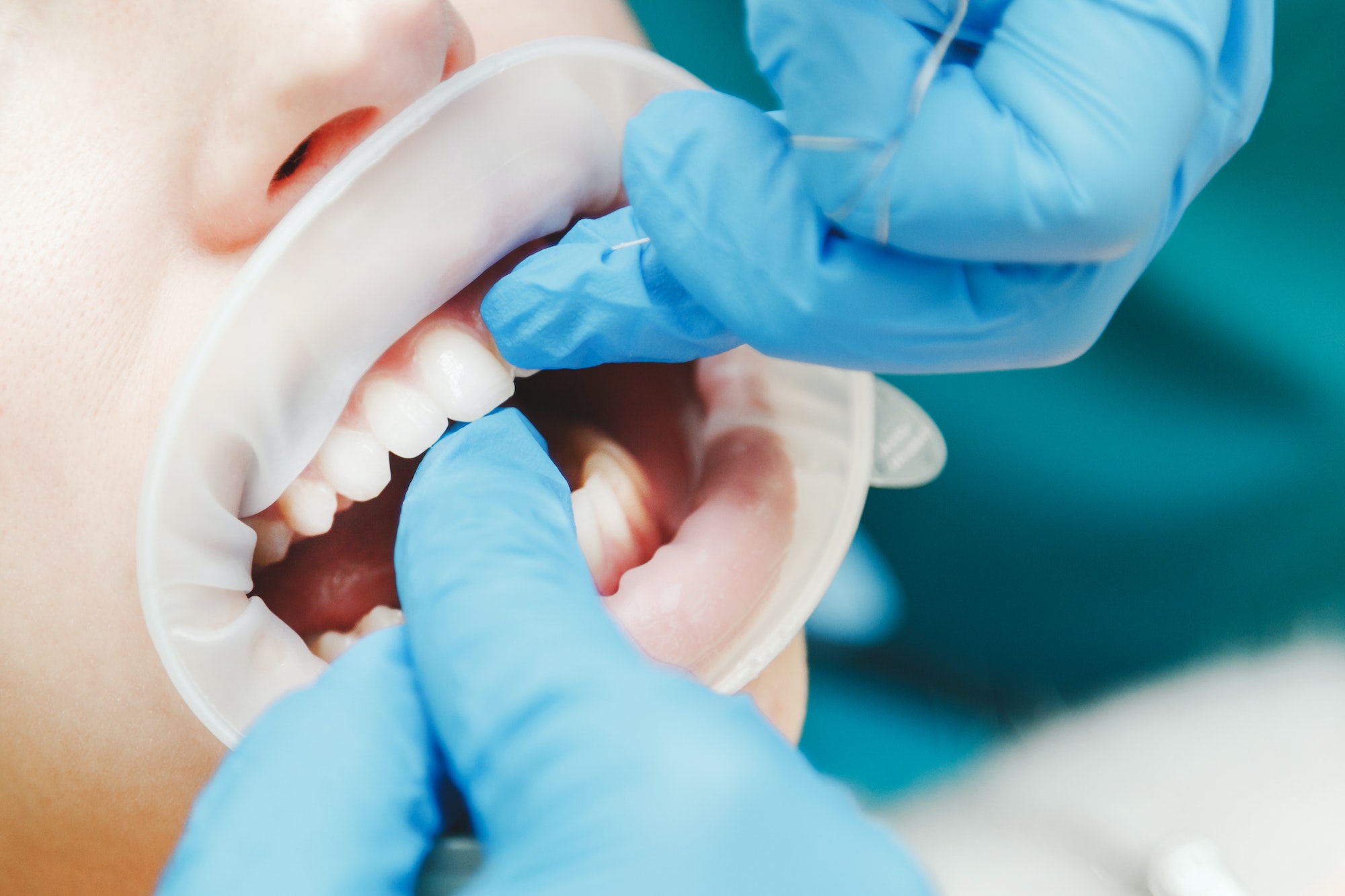At Mola Dental, we’re lucky to have Dr Gregory Broughall as part of the team, who has a 100% success rate with dental extractions. Greg makes the process painless and quick thanks to his experience at Mansfield and Chesterfield hospitals. We recognise that removing a tooth can be daunting, but Greg has experience with nervous patients and ensuring everyone has a pain-free, comfortable treatment. Some of our team at Mola Dental have even had Greg remove their wisdom teeth!
There are several causes which may lead to you needing a tooth extracted. You may have:
As the procedure is carried out under local anaesthetic, there are no specific things you must do ahead of tooth extraction. We ask that you please let the dentist know of any current medication you’re taking (e.g., blood thinners or immune-suppressing medication) and if you smoke.


Before a tooth extraction, we encourage our patients to consider their next steps. It's important to have a conversation about whether you want a fixed solution, as after you remove a tooth, you have a window of a few months before your jaw starts to move and fill in the gap created by extraction.
It’s not necessary to have a dental implant or bridge fitted straight away (as the space would need to heal fully first), but you must have considered your options as if you leave it too long, you’ll be putting more pressure on the adjacent teeth which will need to do more work. Also, if you want a dental implant more than a couple of months after your extraction, you risk needing grafting procedures, making the process more complex.
We can suggest two types of splints to help stop you from grinding your teeth – a soft splint that acts as a shock absorber or a hard splint that tries to reprogramme your habit. A hard splint creates a slippy surface that doesn’t allow you to get a purchase – stopping you from grinding your teeth.
The next line of intervention would be to try botulinum toxin (commonly known as Botox), as this can temporarily paralyse the muscle, dampening the nerve signals. Botulinum toxin will help the severity and can help you stop the habit for 3-4 months. Contrary to belief, botulinum toxin isn’t just a cosmetic treatment, you will still have a complete range of motion, and your face won’t look frozen.
If we exhaust all the interventions mentioned above, we can refer you to an oral and maxillofacial surgery department to prescribe medication to solve the problem.
Do you feel like you’re grinding your teeth? Book an appointment for us to investigate and discuss solutions.

Designed and Built by Marketing Botics